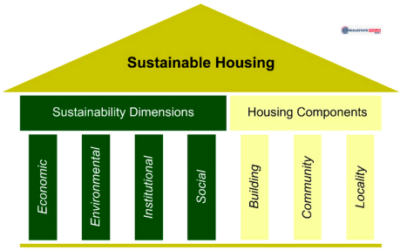

B.C.’s Shadow Broker Mortgage Fraud Investigation Ends Without Criminal Charges Over Technicality
After a prolonged five-year probe, the Canada Revenue Agency (CRA) has dropped criminal charges against Jay Kanth Chaudhary, a British Columbia mortgage broker accused of orchestrating a sprawling $500 million mortgage fraud scheme. The decision, attributed to an unspecified “technicality,” leaves many questions unanswered about regulatory oversight and enforcement gaps in B.C.’s real estate sector.
An Extensive, Multi-Agency Investigation
The investigation began amid growing concerns over Chaudhary’s unregistered and allegedly illicit mortgage brokering activities. Utilizing a complex network of over two dozen real estate professionals, Chaudhary facilitated home financing for unqualified buyers by submitting falsified tax and bank documents. These efforts allowed clients to secure loans from institutional lenders under false pretenses.
Throughout the investigation, the B.C. The Financial Services Agency (BCFSA) worked closely with the Vancouver Police Department’s financial crime unit and the RCMP, attempting to frame the scheme as criminal. However, law enforcement ultimately deemed the alleged violations primarily regulatory, declining to pursue charges.
Allegations of Tax Evasion and Fraud
The CRA focused on allegations that Chaudhary failed to remit significant taxes on fees earned during the scheme. Between 2009 and 2019, investigators estimate Chaudhary collected more than $5 million in client and referral fees but failed to pay nearly $1 million in income taxes, GST, and Canada Pension Plan contributions.
The search warrant documents reveal a sophisticated operation where mortgage referrals generated large cash payments and fees for Chaudhary and his associates. Among them was former mortgage broker Shane Christopher Ballard, who admitted to facilitating 165 fraudulent mortgage applications and was subsequently banned for life from the profession and fined $50,000.
The Impact of a ‘Technicality’
In summer 2024, CRA investigators informed the BCFSA that the Public Prosecution Service of Canada had decided not to proceed with criminal charges due to a “technicality,” the details of which remain confidential. The CRA has since referred the case to its civil division for tax reassessments but expressed frustration at the missed opportunity for criminal accountability.
Wider Implications for B.C.’s Housing Market
BCFSA’s director of investigations described the scope of Chaudhary’s activities as “staggering,” highlighting the involvement of numerous licensed professionals who violated ethical standards. While regulatory penalties have been imposed including license suspensions and fines no criminal sanctions have been pursued against anyone involved.
Chaudhary defended his actions at the Cullen Commission on money laundering, arguing that his services met a persistent market demand among borrowers unable to qualify for traditional financing. He asserted that the activity is unlikely to be fully prevented, underscoring systemic vulnerabilities in the mortgage lending landscape.
Looking Ahead
The collapse of this high-profile case due to a technicality raises critical questions about the effectiveness of current regulatory frameworks and inter-agency cooperation in tackling financial fraud within real estate. It also points to the challenges of prosecuting complex economic crimes where evidence may be voluminous but legal barriers remain high.
As B.C. continues to confront housing affordability challenges and potential financial misconduct, this case serves as a cautionary tale of the limits of enforcement and the need for enhanced oversight mechanisms to protect consumers and preserve market integrity.




































